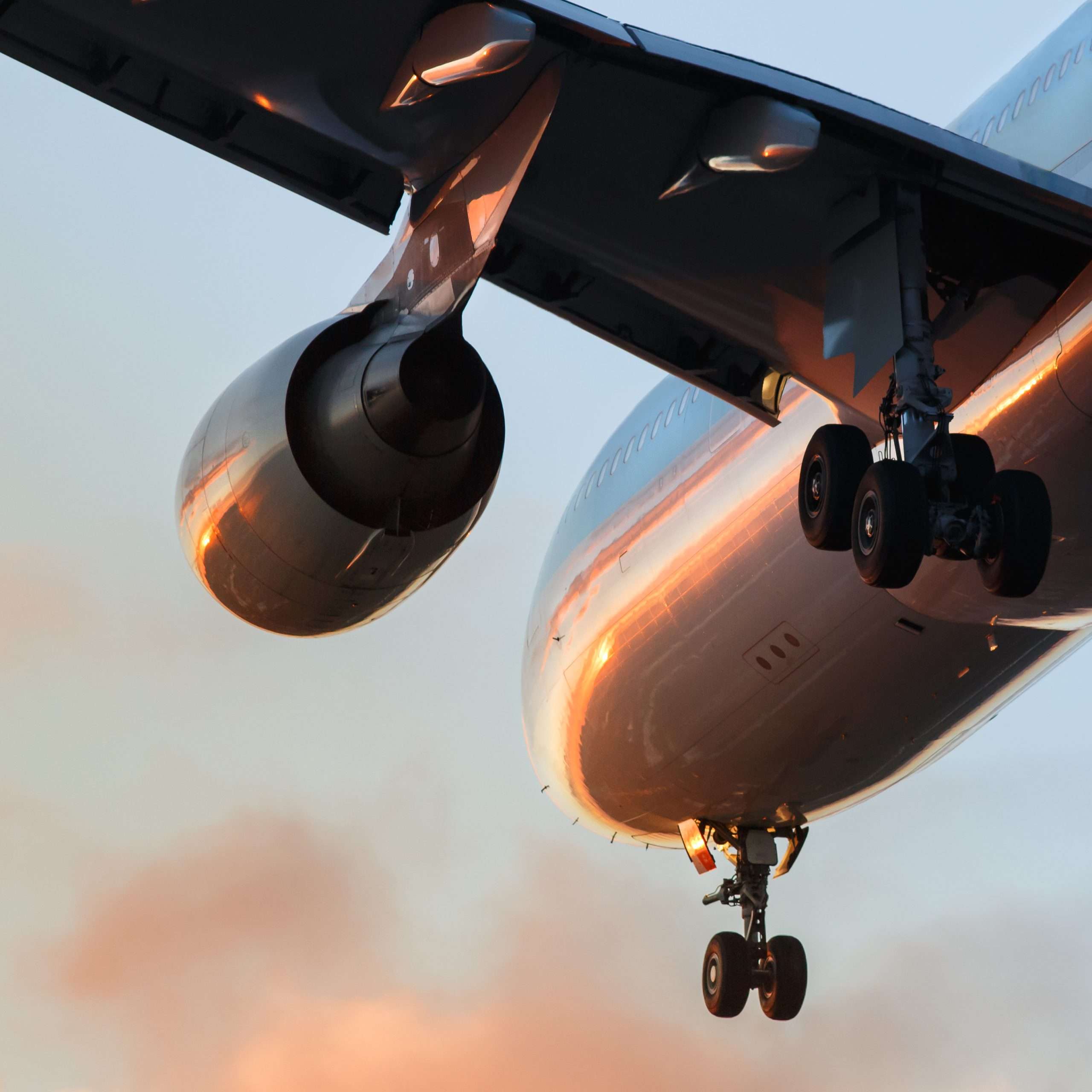Introduction
Few things are more frustrating than having carefully laid travel plans disrupted by a delayed flight, denied boarding, or a sudden cancellation. These events affect millions of travellers each year and can cause not only inconvenience but also significant financial and emotional strain. The legal rights of passengers in these situations are not governed by a single uniform system. Instead, they arise from a mix of international conventions, national regulations, and regional laws. Understanding how these frameworks work together is essential to knowing when passengers are entitled to compensation and what obligations airlines must fulfill.
The International Framework
The foundation of passenger rights in international air travel is found in two key treaties: the Warsaw Convention of 1929 and the Montreal Convention of 1999. Both treaties establish that carriers are liable for damage caused by delay in the carriage of passengers, baggage, or cargo.
However, neither treaty provides a precise definition of “delay.” This lack of clarity has left courts to determine whether a disruption should be characterized as a delay or as something more fundamental, such as a failure to perform the contract of carriage altogether.
At one end of the spectrum, relatively short interruptions caused by weather or routine maintenance are usually classified as a delay. At the other end, if an airline cancels a flight and provides no alternative transportation, courts have sometimes treated this as complete nonperformance of the contract. The distinction matters because the conventions cap compensation for delay but may not apply at all in cases of nonperformance, leaving passengers free to pursue broader remedies under domestic law.
Delay or Nonperformance?
Whether a disruption is classified as a delay or nonperformance has long been a source of litigation. Consider the situation where passengers are denied boarding because a flight is oversold. Some courts have ruled that this amounts to delay, while others have said that if the airline never transports the passenger as agreed, it is nonperformance.
The difference is significant. If the event is categorized as a delay, liability is limited by monetary caps and defences available under the conventions. Airlines may escape liability if they can show they took all reasonable measures to prevent the loss. If the disruption is deemed nonperformance, the caps no longer apply, and passengers may be able to claim the full measure of damages under national law.
United States Regulations on Denied Boarding
In the United States, denied boarding is addressed directly through Department of Transportation regulations. Airlines frequently overbook flights to account for passengers who do not show up. To manage this, airlines must first call for volunteers willing to give up their seats in exchange for compensation. If there are not enough volunteers, passengers may be involuntarily denied boarding under non-discriminatory rules.
Compensation depends on how long the delay lasts and whether the flight is domestic or international. For example, if a passenger is delayed by more than two hours domestically or more than four hours internationally, compensation may reach up to 400 percent of the one-way fare, subject to a cap.
Certain exceptions exist. Airlines are not required to compensate passengers who arrive late to the gate, fail to comply with ticketing rules, appear intoxicated, or are denied boarding for safety reasons. Similarly, if an airline replaces an aircraft with a smaller one for operational reasons but provides alternative transportation that arrives within an hour of the scheduled time, compensation is not required.
Flight Delays and Cancellations in the United States
Unlike in the European Union, U.S. regulations do not impose a duty on airlines to compensate passengers for flight delays or cancellations. Instead, airlines rely on their contracts of carriage, which often limit remedies to refunds, rebooking, or providing meals and accommodations where appropriate.
One area where the U.S. has imposed strict rules is with respect to tarmac delays. Airlines cannot keep passengers on the tarmac for more than three hours on domestic flights or four hours on international flights. During these delays, airlines must provide food, drinking water, functioning lavatories, and medical attention if required. Airlines that violate these rules face substantial fines calculated per passenger, which provides a strong incentive to comply.
The European Union Approach
The European Union has created one of the most robust passenger protection regimes in the world. Regulation (EC) No. 261/2004 applies to all flights departing from EU airports, as well as flights into the EU on EU-based carriers. It covers denied boarding, long delays, and cancellations, and it provides standardized compensation rights for affected passengers.
Cancellations
When a flight is cancelled, passengers are entitled to a refund of their ticket or re-routing to their destination. They must also be provided with meals, hotel accommodations if an overnight stay is necessary, and access to communications. In addition, they may be entitled to compensation ranging from €250 to €600, depending on flight distance. The only exception is when the cancellation results from extraordinary circumstances beyond the airline’s control, such as extreme weather or security risks.
Delays
Passengers facing delays are entitled to assistance depending on the length of the delay and the distance of travel. For example, a two-hour delay on a short-haul flight or a three-hour delay on a medium-haul flight obligates the airline to provide meals and access to communications. If the delay requires an overnight stay, the airline must arrange hotel accommodation and transport. Delays longer than five hours give passengers the right to cancel their trip and receive a full refund.
Denied Boarding
Airlines must first ask for volunteers before denying boarding against a passenger’s will. When passengers are involuntarily denied boarding, they are entitled to the same compensation available for cancellations, along with meals, hotel stays if required, and communications.
The Clash Between International Conventions and EU Law
The European Union’s regulation has been challenged by airlines on the basis that it conflicts with the Montreal Convention, which already regulates liability for delay. The European Court of Justice has rejected these arguments, holding that the EU rules and the international treaty serve different purposes. The Montreal Convention compensates passengers for individualized damages, while the EU regulation provides standardized compensation for inconvenience.
This approach reflects a broader policy decision by the EU to go further than the international conventions in protecting passengers. For travellers, it provides clear and predictable entitlements. For airlines, it imposes obligations that may exceed those faced in other jurisdictions.
Conclusion
Flight delays, denied boarding, and cancellations are among the most common disruptions in modern air travel. For passengers, the legal consequences of these events depend on whether the disruption is classified as a delay or a nonperformance and on which legal framework applies.
International conventions, such as the Warsaw and Montreal Conventions, provide the baseline, imposing liability for delay but limiting compensation. U.S. regulations address denied boarding and tarmac delays but otherwise leave remedies to airline contracts of carriage. In contrast, the European Union has created a comprehensive system of passenger rights that mandates standardized compensation and assistance.
For travellers, knowing the applicable rules can make a significant difference in recovering costs and compensation when plans go awry. For airlines, the varied frameworks highlight the importance of clear communication and compliance with both international and domestic obligations. Ultimately, these regimes aim to strike a balance between consumer protection and the operational realities of air travel, ensuring fairness in an industry where disruption is often inevitable.





